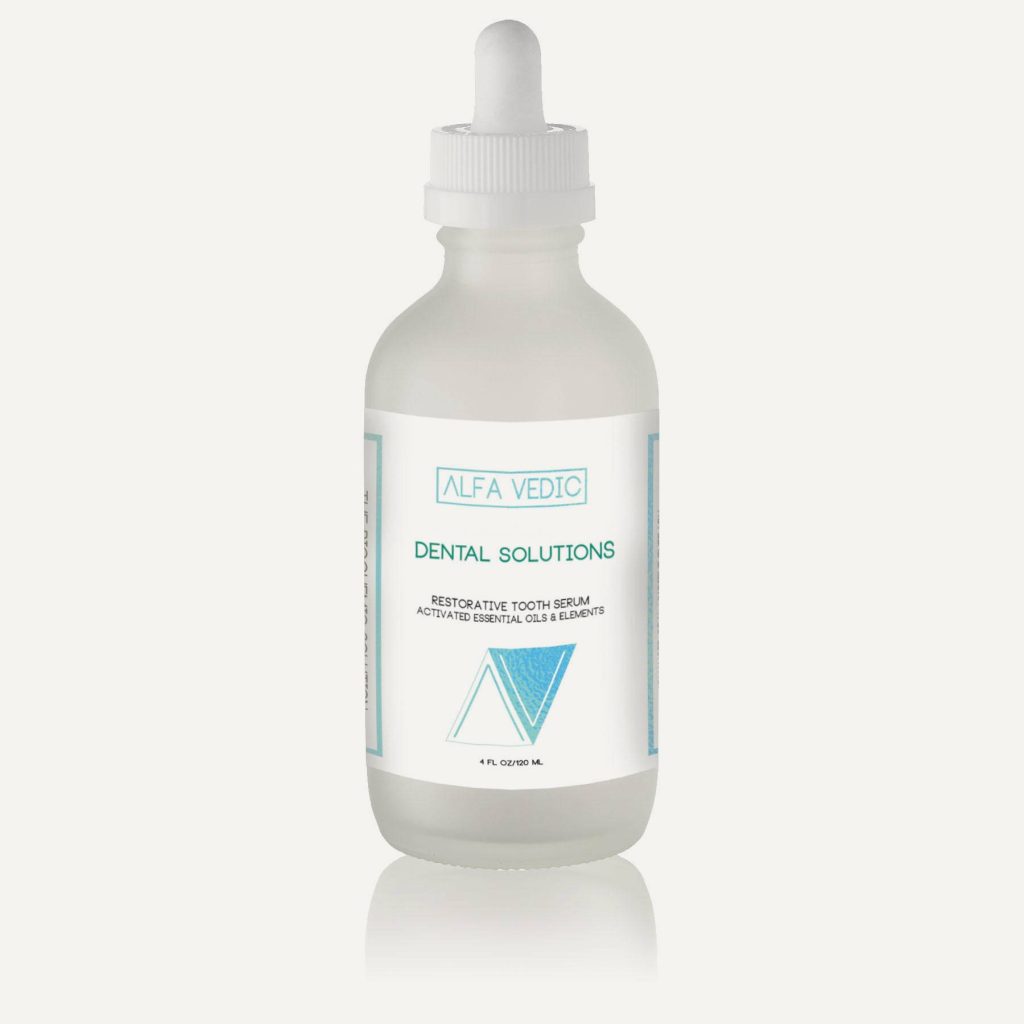State National Passport Process
-
Discussion
-
If you’re looking to do the passport process, here’s the guide that I wish I had before I did mine. I obviously don’t know everything about this, so I welcome any discussion and personal experiences. My goal is to help you get through this process faster, without all the mythical patriot fluff. As always, do your own research and only act on what you think is best.
Before you do anything, you have to know that if you’re born in the USA, you are already a National and Native. You have to own that and feel it in your heart. Technically, you don’t have to do any paperwork to be a National, but it does give you more protection in the corporate fiction.
SECTIONS
1. Is this a real thing?
2. Passport Application (DS-11)
3. Birth certificate
4. Explanatory statement
5. Handling the application process
6. Other StuffIS THIS A REAL THING?
Yes, on the first page of the DS-11 and the passport book, it clearly says “citizen/national,” which shows that there are two different statuses. I have done this process and have seen dozens of others do this successfully also.
If you want further proof that there can be multiple statuses in one country, research the Estonian Välismaalase Pass. That passport looks different, but in the USA, both passports look exactly the same.
PASSPORT APPLICATION (DS-11)
The OG of online content on how to fill out the application is Colonel Wilson: https://coppermoonshinestills.com/beat-the-law-state-citizen-passport/
Now that information should be enough to get you a National passport. But If you want to go the extra mile and potentially get a higher “standing,” you can do the following…
1. Include an explanatory statement (detailed below)
2. Always spell out the state name on the application. Squeeze it in wherever you can. The 2-character state abbreviation and zip are both owned by the US corp, so that can potentially put you into their jurisdiction.
3. For parents birthplace, put in “City, USA” or “City, State (spelled out).” Same reason as #2.
4. I didn’t fill in an employer and used a generic occupation. Certain employers could be interpreted as being government entities.
5. I didn’t fill in an emergency contact. Using a zip for that person could potentially rope them into the jurisdiction.
6. Add “09 (ALL)” to the “End.# _______” line. This is the endorsement that you’re a National and not a Citizen. You can see all the endorsements here: https://fam.state.gov/fam/08fam/08fam050502.htmlBIRTH CERTIFICATE
There are basically 5 types of birth documents:
1. Original birth document (usually with footprints): This is usually stored at the hospital or a government agency. Most people don’t have access to this and have never seen it.
2. Long form Certificate of Live Birth (CLOB): This is a certification that the original document exists. It has very detailed information.
3. Short form COLB or Birth Certificate: I’m not super clear on the exact difference, but they are less credible than the long form CLOB and original doc. It seems like the BC is basically a certification of the long form. If you want to see examples of the long form vs the short form CLOB, look up Obama’s birth documents online. The one with more information is the long form.
4. Modern heritage birth certificate: This is purely decorative and has no legal standing. The original birth document was also known as the heritage birth certificate, so this modern one was possibly created as misdirection.
5. Homemade birth documents: Bible entry, affidavits, etc.A big question in the passport process is if you need to get the birth document authenticated. If you have the long form, you don’t need to get it authenticated. I used the long form and didn’t authenticate. I wouldn’t send in the original doc, if possible…too valuable. The modern heritage paper is not certified/legal, so it cannot be authenticated.
The gray area is with the short form CLOB or BC. This is where you may want to authenticate, I haven’t seen substantial evidence either way. Apostille is verification in the corporate fiction (Hague) and Authentication is verification outside the corp. So it’s better to get the authentication, lending further credibility to you being outside the corp. You only need to authenticate at the state OR federal level.
For a homemade doc, you have to authenticate.
EXPLANATORY STATEMENT
To further substantiate your standing, you can write an explanatory statement detailing why you are a National and not a US Citizen. It seems like they are getting a little tighter on the evaluations, so it really helps to have this. They also may ask for it after you have applied.
You can make your own, but I used the one from James C Lovett: https://blacksite32.com/files-shop/ols/products/the-explanatory-statement-for-passport
The grammar in that doc is jacked, so you have to do quite a bit of editing. But the information in it is truly epic. The only thing I would add is to reference 8 USC 1101 (a) 23: “The term “naturalization” means the conferring of nationality of a state upon a person after birth, by any means whatsoever.” Confer the nationality upon yourself…done.
Make sure you understand every single word of any doc because you’re signing your name to it.
HANDLING THE APPLICATION PROCESS
Some gurus say to go directly to the Passport Office to file the application because it’s easier. I’ve seen that either the Passport Office or Post Office are fine. In fact, some of the Passport Offices can be downright nasty and not accept your application. If the agent argues with you, ask to speak to the manager in their private capacity. If an office doesn’t want to submit your documents, don’t argue or try to prove them wrong. Just take your docs somewhere else.
Post Offices in more rural areas are generally more accommodating. That was my experience and I’ve heard the same from others.
Regardless of where you go, they may challenge you on a few things…
If they say that you don’t need a DS-11 and need to fill out a renewal form (if you already have a passport), point out that on the first page of the DS-11, there is the option for US Citizen or US National. Say that you’re updating your status in the computers to National and that requires a new application.
If they ask for a permanent address, you can say that you’re a traveler and don’t have one. I told the guy that Nationals are outside the US jurisdiction and technically don’t have one.
For any other information they ask for, ask if it is required. A lot of it isn’t. Reference the Copper Moonshine Stills page for what’s important and what isn’t. Just add the info if they are adamant about it and it isn’t super important. Be kind and work with them.
OTHER STUFF
There is a theory that the more stars you have on your passport card, the higher your standing as a National. I haven’t been able to prove that this is true, but what I have noticed is that the more work someone puts into their application and statement, the more stars they will generally get. So there is something to it, I’m not sure exactly what.
If you already have a US Citizen passport, then also submit the birth document along with the existing passport.
Finally, you should probably get off the voter registration rolls before doing this process. In many states, you can check this online. Voting is one of the few “rights” that are allowed to US Citizens, so it’s best to opt-out so you don’t possibly get stuck in a gray area.
Log in to reply.





